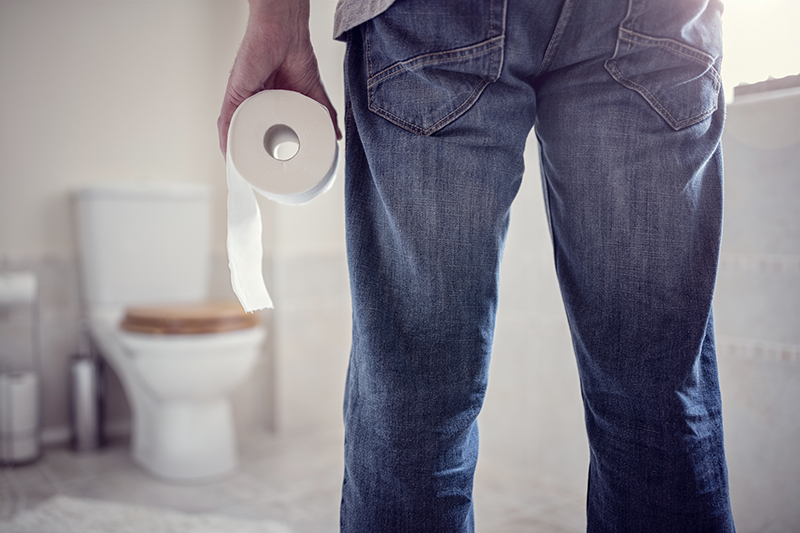Constipation is one of the most common health-related problems that largely interferes daily life in many people. Minor health problem like constipation might turn to be “more serious” if it is left untreated. Besides taking laxative drugs, an effective treatment approach for constipation is “Anorectal Biofeedback Training”. It involves treatment programs utilized instrument-based and neuromuscular conditioning techniques to train muscle functions. As a result, regular bowel movements could be effectively and sustainably obtained and constipation can be sequentially relieved.
Get to know Anorectal Biofeedback Training
Anorectal Biofeedback Training is a training program that is used to treat both constipation and fecal incontinence. This treatment program utilizes instrument-based and neuromuscular conditioning techniques to train muscle functions in rectal and relevant area in order to achieve regular bowel movements. Through the insertion of an anal probe, this training measures the pressure profile of the rectal sphincter muscles. The muscle functions during bowel movement will be automatically computed on the screen which can greatly help assisting the patients to learn about effective techniques to pass or hold stools healthily.
Training steps
During the procedure, the expert and well-trained gastroenterologist inserts an anal probe (6 mm in diameter and 10 cm. in length) through rectum. The images obtained from this probe indicate pressure patterns of the rectal sphincter muscles via special equipment, called “ Anorectal Manometry”. The muscle functions during bowel movement will be automatically analyzed and displayed on the screen. With a close supervision of the specialist, it substantially helps patients to learn and memorize proper techniques to achieve their appropriate bowel movements.
Preparation before biofeedback training
- Having natural bowel movements or bowel irrigation at the hospital at least 1 hour prior to training.
- Fluid and food restriction is not required.
- Health-related information such as underlying diseases and regular medicines must be informed to the specialists before training begins.
Patient cooperation during training
- During training session, the probe with tiny balloon will be inserted through anus to monitor the pressure in the affected area. Instruction given by specialists should be strictly followed.
- Patient positions during training might be sitting upright or lying on the left side depending on the decision made by the specialists. Training instruction include breathing, passing and holding stool.
After training
- Patients are able to continue their daily life and activities regularly without restrictions.
- As a home remedy, self-training must be continually maintained. To obtain the maximum benefit of biofeedback training, the entire sessions should be received with proper intervals. Regular follow-up by using anorectal manometry is highly recommended in order to monitor the treatment efficiency.
Some limitations of biofeedback training
This might not be recommended in:
- Patients age over 80.
- Patients with brain and neurological disorders such as dementia or Alzheimer’s Disease.
- Patients with history of psychological problems.
- Bed-ridden patients who are self-independent.
- Patients with communication problems.
Biofeedback training is considered as an effective treatment program to treat both constipation and fecal incontinence. However, this treatment procedure is only advised to particular patients with clear indications and it should be performed by well-trained and skilled specialists.











